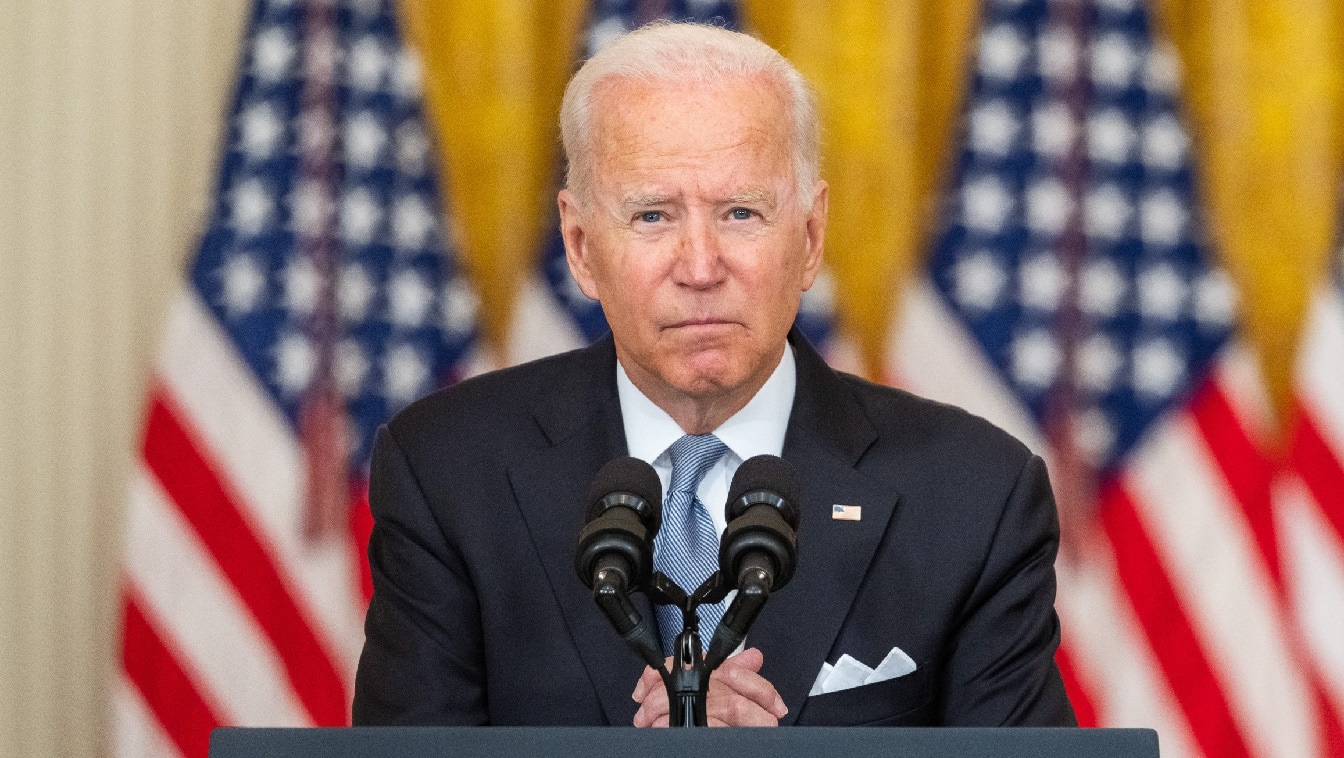Science fiction paints a dark picture of what artificial intelligence could mean for mankind. In the real world, many tech leaders, academics, and politicians have warned in recent years that safeguards must be put in place.
On Monday, President Joe Biden issued a landmark executive order to ensure that the United States is “seizing the promise and managing the risks” of AI.
“AI is all around us. Much of it is making our lives better,” Biden said at the White House on Monday. “But in some cases, AI is making life worse.”
Addressing Safety, Security, and Privacy
Biden’s executive order will establish a new standard for AI safety and security. It seeks to protect Americans’ privacy, advance equity and civil rights, stand up for consumers and workers, promote innovation and competition, and advance American leadership around the world.
It will require that developers of the most powerful AI systems share their safety test results and other critical information with the federal government. In accordance with the Defense Production Act, the order will require that companies developing any foundation model that poses a serious risk to national security, national economic security, or national public health and safety must notify the federal government when training the model, and must share the results of all red-team safety tests.
The National Institute of Standards and Technology has been charged with setting rigorous standards for extensive red-team testing to ensure safety before public release. The Department of Homeland Security will apply those standards to critical infrastructure sectors and establish the AI Safety and Security Board. In addition, the Departments of Energy and DHS will address AI systems’ threats to critical infrastructure, as well as chemical, biological, radiological, nuclear, and cybersecurity risks.
The executive order further called upon the Department of Commerce to develop guidance for content authentication and watermarking to clearly label AI-generated content to protect Americans from AI-enabled fraud and deception.
The White House called on Congress to pass bipartisan data privacy legislation to protect all Americans, especially children, and directed several actions. Those priorities included federal support for accelerating the development and use of privacy-preserving techniques; strengthening privacy-preserving research and technologies; evaluating how agencies collect and use commercially available information; and the development of guidelines for federal agencies to evaluate the effectiveness of privacy-preserving techniques.
Monumental Moment
The executive order is likely to garner bipartisan support, and it has already earned praise from those in the tech community. AI is seen as a game-changing technology that could upend several industries.
“This executive order is a monumental moment for the safe, secure, and ethical development and use of AI. With Europe currently working on the EU AI Act, the US is looking to join the developing global precedent being established, which will determine how countries and organizations should approach AI. We will surely begin to see a cascading trend of similar legal actions across the globe,” Eduardo Azanza, CEO of digital identification provider Veridas, explained in an email.
“The White House has taken a global perspective necessary for implementing regulations that account for risks and benefits, security, privacy, innovation and non-discrimination,” Azanza added. “AI has a realm of opportunities, but like any new technology, it also presents risks. When harnessed responsibility, the use of AI can help address global issues and make the world more prosperous, innovative, productive, and secure. However, when used irresponsibly, it can lead to societal harm, displace workers, stifle competition, and pose risks to national security. It is paramount that we strike a balance between reaping the benefits of AI and mitigating its potential downsides.”
Author Experience and Expertise
A Senior Editor for 19FortyFive, Peter Suciu is a Michigan-based writer. He has contributed to more than four dozen magazines, newspapers, and websites with over 3,200 published pieces over a twenty-year career in journalism. He regularly writes about military hardware, firearms history, cybersecurity, politics, and international affairs. Peter is also a Contributing Writer for Forbes and Clearance Jobs. You can follow him on Twitter: @PeterSuciu.
From the Vault

